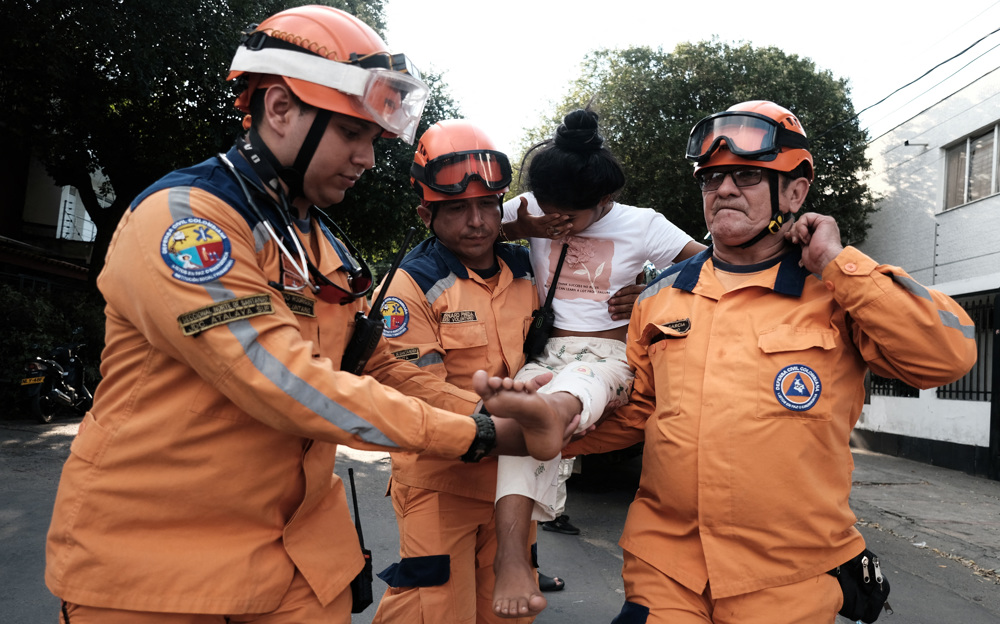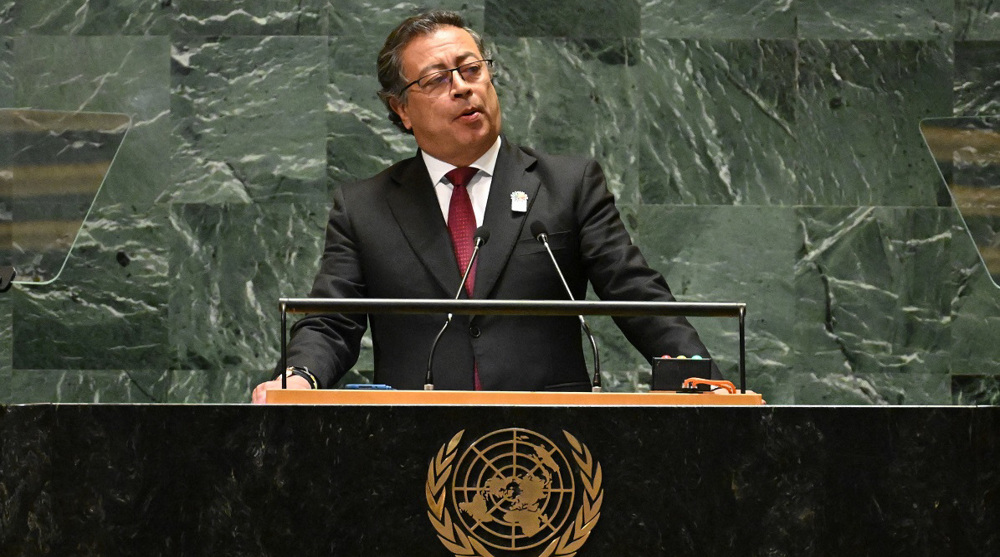Colombia announces first Zika-linked deaths
Colombia has announced the first deaths from complications caused by the mosquito-borne Zika virus that is sweeping across the Americas.
Colombia’s National Health Institute (INS) said on Friday that three Zika-infected patients perished after developing a rare neurological disorder referred to as the Guillain-Barre syndrome, AFP reported.
Cases of the syndrome, which sees the immune system attacking the nervous system, have climbed concurrent with the Zika epidemic in Colombia , fueling suspicions that it is a complication of the otherwise mild tropical fever.
Zika is blamed for causing brain damage in babies born to infected mothers.
“Other cases (of Zika-linked deaths) are going to emerge,” said Colombian epidemiologist Martha Lucia Ospina, who heads the INS.

“The world is realizing that Zika can be deadly. The mortality rate is not very high, but it can be deadly,” she added.
Most Guillain-Barre patients recover; the syndrome occasionally leads to paralysis or death.
The development comes as the UN human rights office called on nations hit by the infection to provide women with wider access to abortion as well as contraception, pointing to the growing cases of newly born infants with microcephaly, or abnormally small heads and brains, as a result of Zika.
This is while many of the mostly Catholic Latin American countries outlaw abortion or allow it only if the mother’s life is at risk. In El Salvador, one of the countries warning against pregnancy, abortion is punishable by up to 40 years in prison.

Honduras, which announced a state of emergency earlier in the week after reporting nearly 3,700 cases of Zika since mid-December 2015, declared a plan to dedicate a full day to eradicating mosquitoes that carry the virus.
Brazil, meanwhile, is pouring considerable resources into what President Dilma Rousseff referred to as a “war” against the mosquitoes.
The country’s Health Ministry says over 30 percent of Brazilian homes – nearly 20.7 million in total – have already been visited by soldiers and healthcare workers to make checks and educate residents.
Brazilian authorities say that by simply ridding houses and public areas of standing water, a breeding ground for the mosquitoes, a major step would be taken in containing Zika.
Officials have also announced plans for heavy spraying and fumigating in certain areas, including future Olympic sites in Rio de Janeiro.

Colombia’s president likens Gaza genocide to Jesus’s suffering

Over 80 people killed in Colombia as ceasefire between rebel groups collapses

Netanyahu a 'war criminal', President Petro tells UN General Assembly
Iran backs sovereign, stable Syria free of terrorism, UN envoy says
Iran-US talks: Trump, sanctions and the mirage of a durable nuclear deal
VIDEO | Gaza’s looming famine
US universities defy Trump deportations of foreign students
WFP: Food stocks depleted in Gaza due to all-out Israeli blockade
Yemenis hold nationwide rallies to condemn US aggression, support Palestine
VIDEO | Press TV's news headlines
VIDEO | Gaza’s top surgeon killed under torture in Israeli jails











 This makes it easy to access the Press TV website
This makes it easy to access the Press TV website